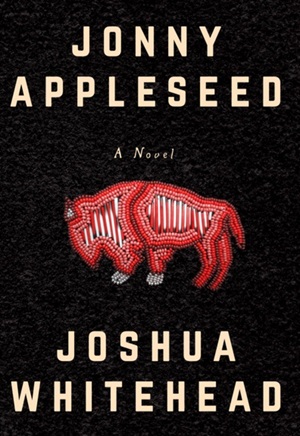 |
You're gonna need a rock and a whole lotta medicine," is a mantra that Jonny Appleseed, a young Two-Spirit/Indigiqueer, repeats to himself in this vivid and utterly compelling novel. Off the reserve and trying to find ways to live and love in the big city, Jonny becomes a cybersex worker who fetishizes himself in order to make a living. Self-ordained as an NDN glitter princess, Jonny has one week before he must return to the "rez," and his former life, to attend the funeral of his stepfather. The next seven days are like a fevered dream: stories of love, trauma, sex, kinship, ambition, and the heartbreaking recollection of his beloved kokum (grandmother). Jonny's world is a series of breakages, appendages, and linkages--and as he goes through the motions of preparing to return home, he learns how to put together the pieces of his life. Jonny Appleseed is a unique, shattering vision of Indigenous life, full of grit, glitter, and dreams. |
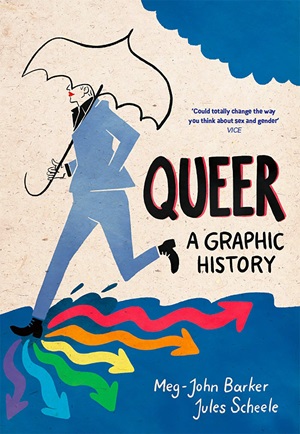 |
Activist-academic Meg-John Barker and cartoonist Julia Scheele illuminate the histories of queer thought and LGBTQ+ action in this groundbreaking non-fiction graphic novel. A kaleidoscope of characters from the diverse worlds of pop-culture, film, activism and academia guide us on a journey through the ideas, people and events that have shaped "queer theory". From identity politics and gender roles to privilege and exclusion, Queer explores how we came to view sex, gender and sexuality in the ways that we do; how these ideas get tangled up with our culture and our understanding of biology, psychology and sexology; and how these views have been disputed and challenged. Along the way we look at key landmarks which shift our perspective of what's "normal", such as Alfred Kinsey's view of sexuality as a spectrum between heterosexuality and homosexuality, Judith Butler's view of gendered behavior as a performance, the play Wicked, which reinterprets characters from The Wonderful Wizard of Oz, or moments in Casino Royale when we're invited to view James Bond with the kind of desiring gaze usually directed at female bodies in mainstream media. |
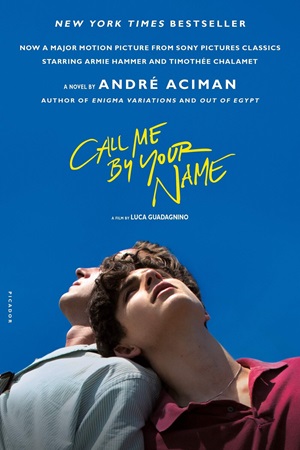 |
Call me by your name is the story of a sudden and powerful romance that blossoms between an adolescent boy and a summer guest at his parents' cliffside mansion on the Italian Riviera. Each is unprepared for the consequences of their attraction, when, during the restless summer weeks, unrelenting currents of obsession, fascination, and desire intensify their passion and test the charged ground between them. Recklessly, the two verge toward the one thing both fear they may never truly find again: total intimacy. |
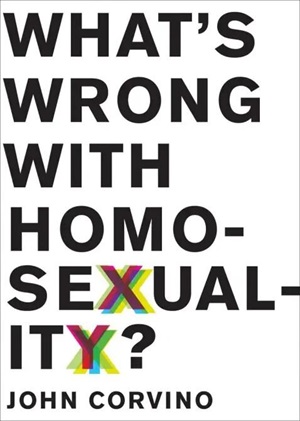 |
Is homosexuality unnatural? Does the Bible condemn it? Are people born gay (and should it matter either way)? Corvino approaches such questions with precision, sensitivity, and good humor. In the process, he makes a fresh case for moral engagement, forcefully rejecting the idea that morality is a "private matter." This book appears at a time when same-sex marriage is being hotly debated across the U.S. Many people object to such marriage on the grounds that same-sex relationships are immoral, or at least, that they do not deserve the same social recognition as heterosexual relationships. Unfortunately, the traditional rhetoric of gay-rights advocates-- which emphasizes privacy and tolerance-- fails to meet this objection. Legally speaking, when it comes to marriage, "tolerance" might be enough, Corvino concedes, but socially speaking, marriage requires more. Marriage is more than just a relationship between two individuals, recognized by the state. It is also a relationship between those individuals and a larger community. The fight for same-sex marriage, ultimately, is a fight for full inclusion in the moral fabric. What is needed is a positive case for moral approval-- which is what Corvino unabashedly offers here. |
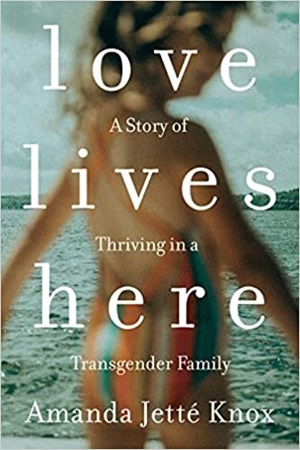 |
An inspirational story of accepting and embracing two trans people in a family - a family who shows what's possible when you "lead with love." While still a teenager, Amanda met the love of her life. They were wed at 20, and the first of three children followed shortly. But the author was unprepared when the child she knew as her son came out as transgender at the age of 11. Shocked, but knowing how important it was to support her daughter, Jetté Knox became an ardent advocate for trans rights. But the story wasn't over. A little over a year after their child came out, her partner also came out as transgender. |
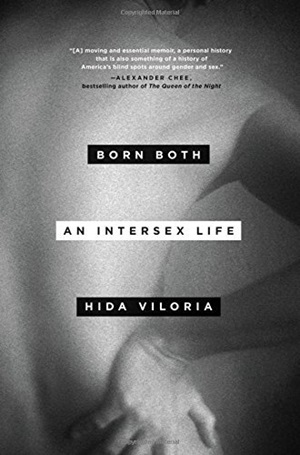 |
Hida Viloria was raised as a girl but discovered early on that her body was different. Unlike most people who are born intersex in the first world - meaning they have genitals, reproductive organs, hormones, and/or chromosomal patterns that do not fit standard definitions of male or female - Hida had the freedom to explore the person s/he was born to be because her parents did not agree to have her sex characteristics surgically altered at birth. It wasn't until s/he was 26 and encountered the term "intersex" in a San Francisco newspaper that s/he finally had a name for he/r difference. That's when s/he began to explore what it means to live in the space between genders - to be both and neither. |